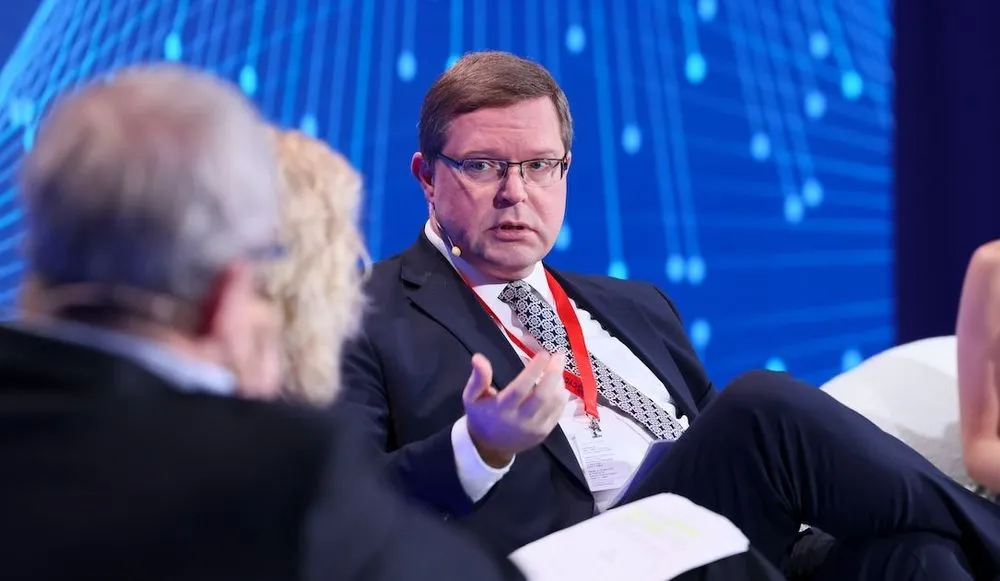NATO moves ‘most experienced and expert individual’ on cyber out of cyber section
Christian-Marc Lifländer, the widely admired Estonian who had been helping develop NATO’s cyber policy over the past decade, has been rotated out of his post as the head of the alliance’s cyber and hybrid policy section.
Lifländer, who has extensive subject matter expertise, spent more than a decade on cyber at NATO culminating in the decision to establish an integrated cyberdefense center earlier this year. The decision marked the fruition of a significant doctrinal shift in how the alliance approaches operations in cyberspace.
In an interview with Recorded Future News, the Estonian — previously described as “one of the most experienced and expert individuals at NATO on cyber,” by Britain’s senior cyber expert with NATO — explained how his efforts had been driven by the imperative for the alliance to take a more proactive stance in the cyber domain.
Lifländer has effectively swapped positions with Alexandre Monéger, a French official at NATO, who had been leading the alliance’s defense policy and planning section. Like all divisions at NATO, the planning section has been making significant reconsiderations about allies’ capabilities following the Russian invasion of Ukraine and amid the increased threat that Russia is posing to NATO territories.
The departure of Lifländer and the appointment of Monéger have not previously been reported. It was confirmed by Recorded Future News’ sources and a LinkedIn post by Barbara Gallo at the European External Action Service.
A NATO spokesperson did not respond to a request for comment.
Alexander Martin
is the UK Editor for Recorded Future News. He was previously a technology reporter for Sky News and a fellow at the European Cyber Conflict Research Initiative, now Virtual Routes. He can be reached securely using Signal on: AlexanderMartin.79



